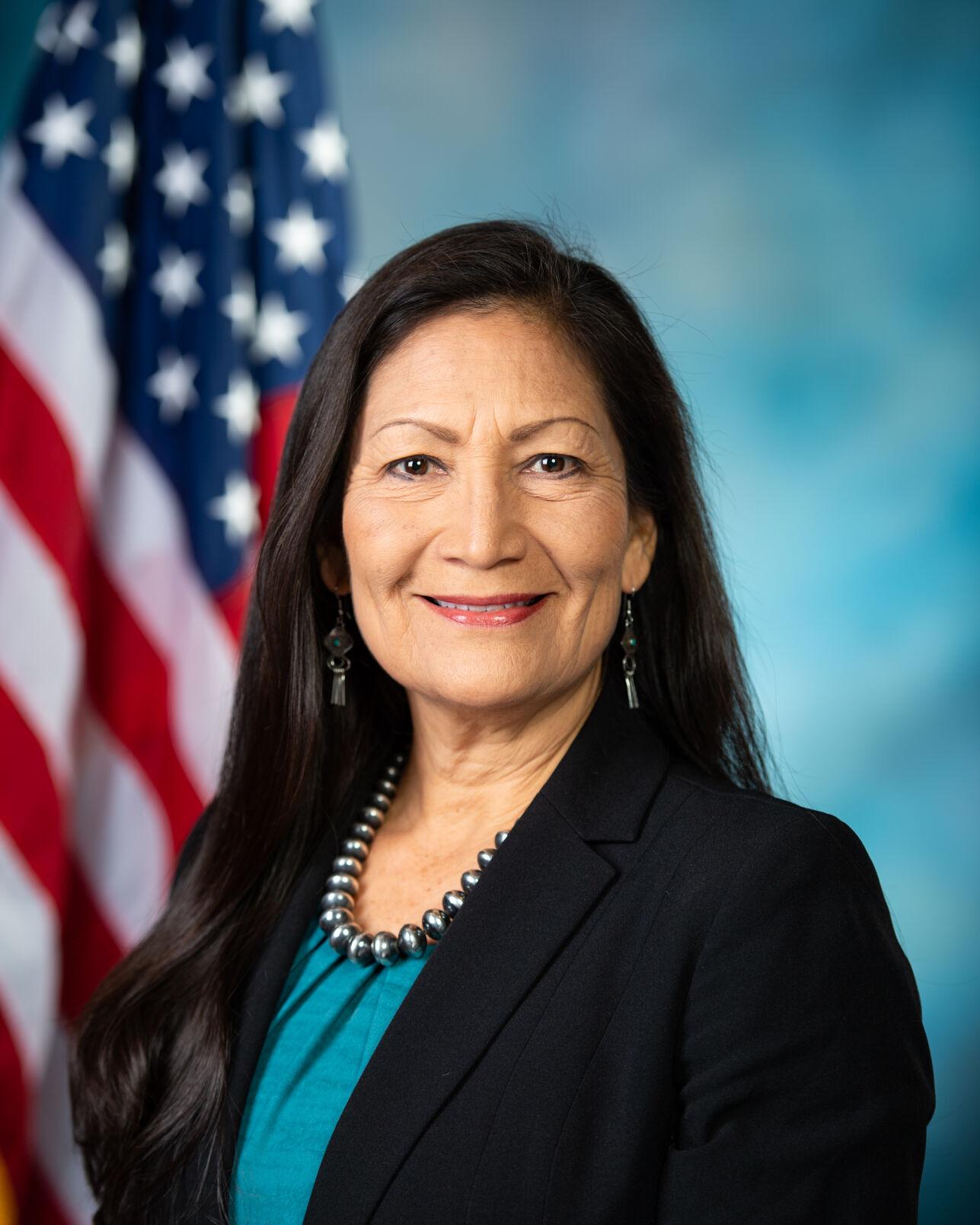The Bureau of Land Management announced in a Sept. 17 press release that the agency’s headquarters will be relocated back to Washington, D.C. after being moved to Grand Junction, Colorado in 2020. [See “BLM to find new home in Grand Junction,” Aug. 1 2019 edition. -ed.] The Grand Junction office will be expanded and function as the “Western Headquarters” for the agency.
The previous administration claimed the decision to relocate the BLM headquarters to Grand Junction would create new jobs and improve agency function by moving its headquarters closer to the areas being managed. The Sept. 17 press release said the move failed to deliver on the promised benefits.
“Of the 328 positions moved out of Washington, D.C., only 41 of the affected people relocated, with 3 moving to Grand Junction,” the statement reads. “This led to a significant loss of institutional memory and talent.”
In the release, US. Department of the Interior Secretary Deb Haaland, who was confirmed to the post in March, emphasized the importance of an agency presence in the nation’s capital.
“There’s no doubt that the BLM should have a leadership presence in Washington, D.C. – like all the other land management agencies – to ensure that it has access to the policy-, budget-, and decision-making levers to best carry out its mission,” she said.
The Grand Junction office, meanwhile, will serve as a hub for the western states, where most of the BLM’s lands are.
“This office will reinforce western perspectives in decision-making and have an important role to play in the bureau’s clean energy, outdoor recreation, conservation, and scientific missions, among other important work as a leadership center in the West,” reads the release.
In further efforts to rebuild and revitalize the BLM, the DOI plans to establish a new BLM Foundation through legislation to support the bureau’s work and help build new partnerships.
“The BLM will strengthen the government-to-government relationship with Indian Tribes by supporting Tribal Liaisons in each state,” the press release says. “The BLM will also seek to improve coordination and capacity to implement clean energy projects.”
The release notes that the agency has undergone major upheaval over the last several years. Controversy over the agency’s months-long acting director William Pendley, the relocation of its headquarters, and abrupt shifts in policy guidelines with the changing of presidential administrations have been stressful and disruptive for agency employees. [See “Pendley nomination withdrawn,” Aug. 20, 2020 edition. -ed.]
“As we move forward, my priority is to revitalize and rebuild the BLM so that it can meet the pressing challenges of our time, and to look out for our employees’ well-being,” said Haaland in the press release. “I look forward to continuing to work with Congress, Tribes, elected officials and the many stakeholders who care about the stewardship of our shared public lands and healthy communities.”




